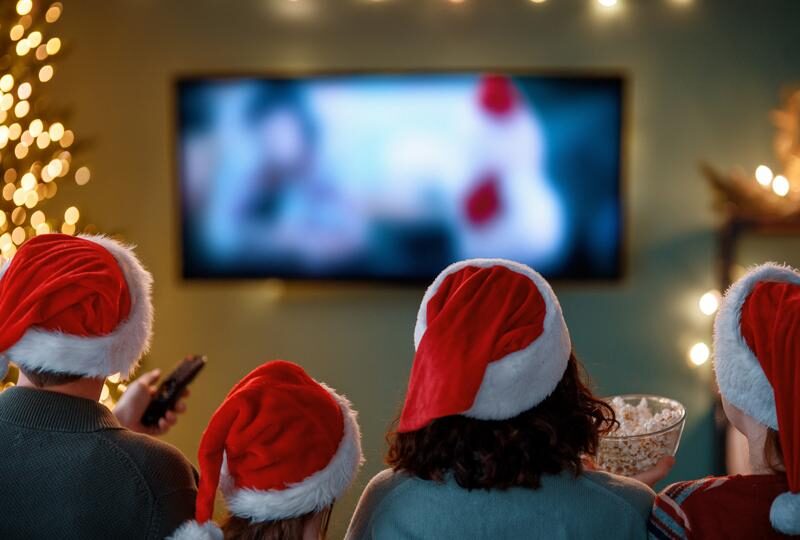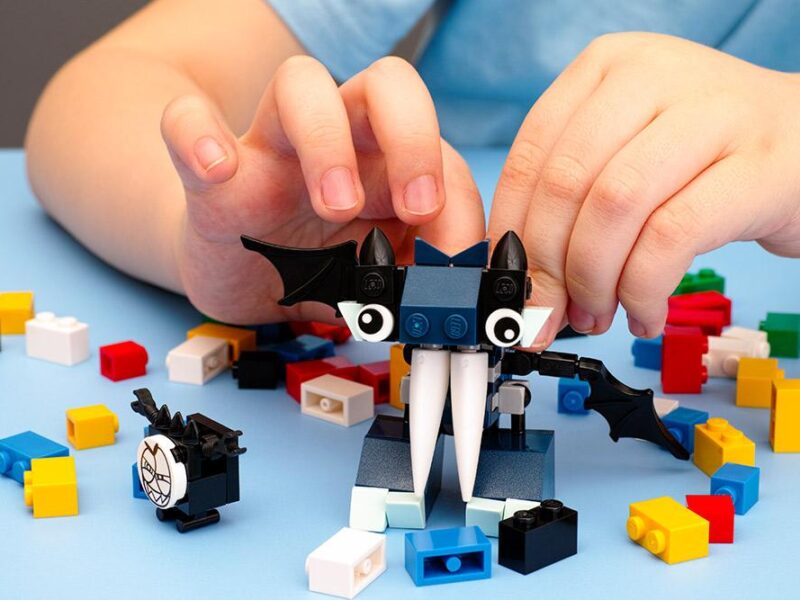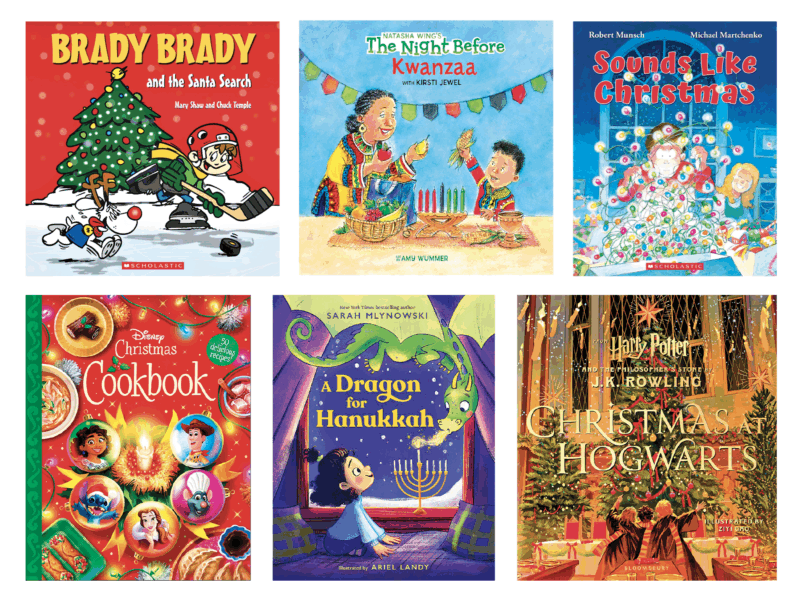Not cool
I was never very cool. I always dressed they way I wanted, more for comfort than for style. I spent far more time reading than playing video games. I participated in a whole range of clique-crossing things, playing football and rugby, holding role playing games in the cafeteria, acting in school dramas, writing poetry for the student magazine, running an underground paper, helping found a local Marxist cell, all sorts of things.
I wasn’t disliked at school exactly (I don’t think). The other kids just didn’t know what to do with me. My rugby teammates couldn’t relate to a guy who wrote poetry on the bus. The cast of the play was wary of a guy who rushed to rehearsal straight from football, complete with dirt and grass stains. None of them understood a guy who didn’t really drink, dated the same girl for most of high school (then married her right after), and never attended a school dance except under extreme duress.
On the other hand, I had the luxury of not needing to care. I didn’t need to be cool. I didn’t need to fit in. I was perfectly happy being an anomaly and a misfit. I had a tremendous freedom to be what I was (or to experiment with what I wanted to be) that too many kids don’t have, because I wasn’t subject to social pressures in the way that too many kids are.
There were two reasons for this freedom, I think. The first was a bit of genetic luck, in that I was basically six foot tall and two hundred pounds by grade nine, so other kids weren’t likely to actively pick on me, no matter how uncool they might have thought I was. I got into one fight early at each school I attended, enough to demonstrate that I wasn’t to be pushed around, and then people generally let me be.
The second reason (and much more important) was a family culture that constantly encouraged me and my four brothers to try new things, to fail and try again, to pursue our interests, not because “we could do anything we put our minds to” (which is a pernicious lie people tell children all too often), but because we would never know what we could do until we tried. This family culture always assured us that we were loved and valued no matter what we tried, no matter what we failed, no matter what we achieved, no matter what other people thought about us. We could approach every situation and every choice in the certainty that our family loved us and would have our backs if anything went wrong.
Other people have sometimes mistaken this certainty as arrogance, especially a first. It takes them some time to realize that our confidence isn’t based on a high opinion of ourselves but on our assurance that we are loved and supported by one another.
I’m trying to instil this same assurance in my own children. I want them to know that their family loves and supports them, not just when they succeed, not just when they try a certain set of approved activities, but in everything. I want them to have enough confidence in our family’s love that they can feel free to find out who they are, rather than just allowing their friends and their culture to determine their limitations.
It might not make them cool, but I think it will make them stronger, healthier, more well-rounded human beings.
Luke Hill is a stay-at-home father of three boys, aged nine, seven, and three. He has fathered, fostered, adopted, or provided a temporary home for kids anywhere between birth and university. He has taught college courses, adoption seminars, camp groups, Sunday School classes, rugby teams, not to mention his own homeschooled kids.





